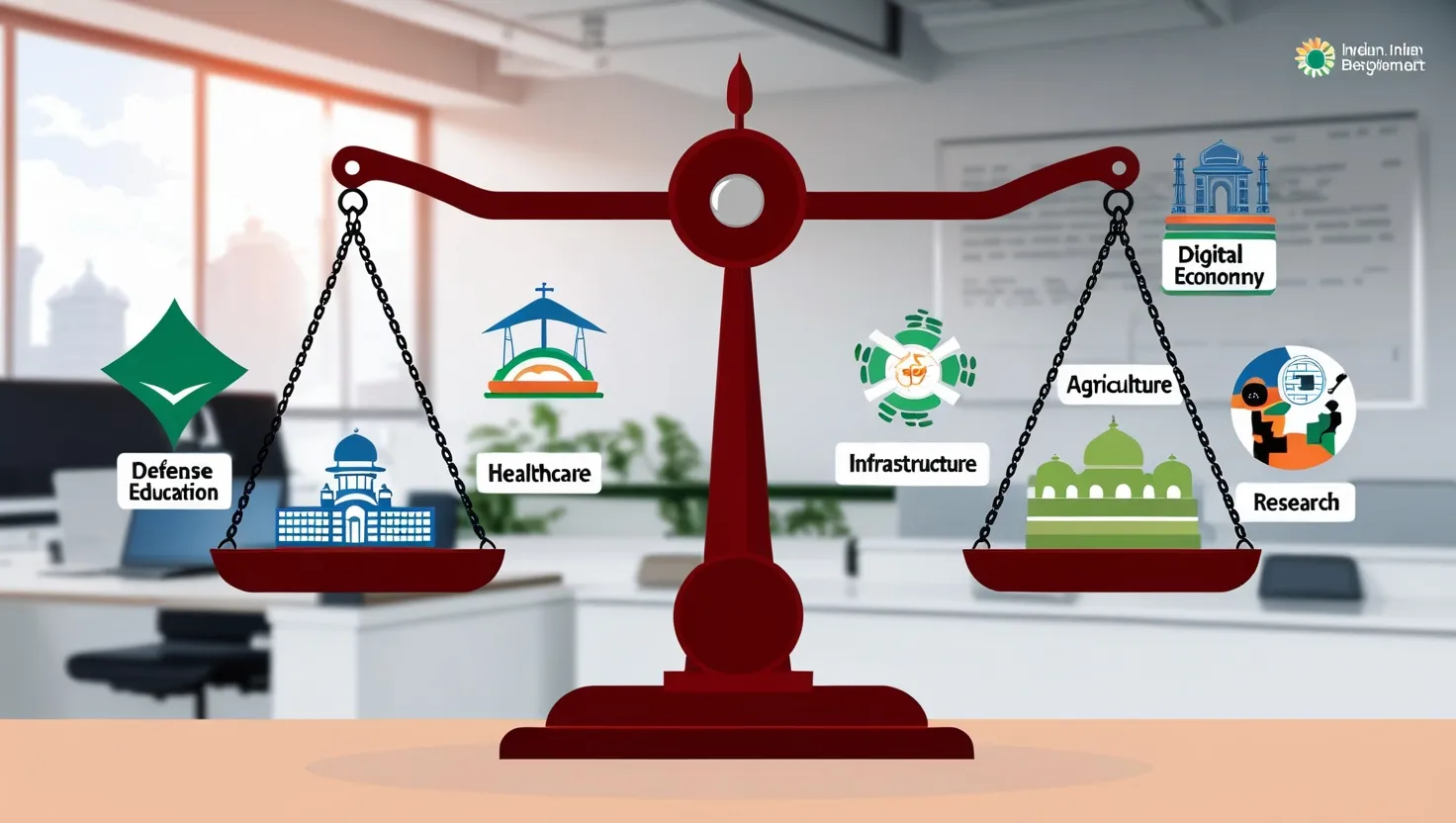In the fast-paced and often intense world of finance, the role of a leader is no longer limited to just crunching numbers and analyzing financial data. Today, finance leaders are expected to be more than just experts in their field; they need to be adept at understanding and managing emotions, both their own and those of their team members. This is where emotional intelligence (EI) comes into play, transforming the way finance leaders approach their roles and interact with their teams.
The Foundation of Emotional Intelligence
Emotional intelligence is not just a buzzword; it is a tangible skill that can be developed and honed over time. At its core, EI involves self-awareness, the ability to recognize and understand your own emotions and how they impact your behavior. This self-awareness is crucial because it allows you to manage your emotions effectively, especially in high-pressure situations that are common in the financial sector.
For instance, when dealing with a critical financial crisis, a leader with high EI can remain composed and provide clear direction, inspiring confidence in their team. This composure is not innate; it is developed through practices such as self-reflection and seeking feedback from peers and mentors. By understanding your own emotional reactions, you can better navigate the emotional landscape of your team and stakeholders.
Effective Communication and Relationship Building
In finance, communication is not just about conveying numbers; it's about making those numbers meaningful to various stakeholders. Emotional intelligence enables finance leaders to tailor their communication styles to different audiences, ensuring that financial information is not only accurate but also comprehensible and actionable. This skill is particularly important when dealing with stakeholders from diverse departments who may not have a financial background.
Imagine a CFO presenting financial results to a board of directors. With high EI, the CFO can adjust the presentation to address the concerns and questions of each board member, fostering a sense of trust and understanding. This approach not only ensures that the message is well-received but also builds strong relationships, which are essential for long-term success.
Conflict Resolution and Decision-Making
Conflicts are inevitable in any workplace, and the financial sector is no exception. Here, emotional intelligence plays a pivotal role in resolving conflicts amicably. A finance leader with high EI can de-escalate tense situations by understanding the emotional undercurrents and finding common ground. This ability to manage emotions helps in steering discussions toward constructive solutions rather than letting them escalate into full-blown conflicts.
Decision-making in finance often involves a degree of uncertainty and risk. Emotional intelligence helps leaders manage their own emotions under pressure, leading to more sound and informed decisions. It also facilitates understanding the emotional landscape of others involved in the decision-making process, which is crucial for consensus-building and minimizing resistance.
Leadership and Team Motivation
A modern finance leader is not just a financial expert but a leader who inspires and motivates their team. Emotional intelligence is foundational for effective leadership in this context. It involves recognizing and managing one's emotions while also understanding and influencing the emotions of others. This skill is particularly important in motivating and guiding finance teams.
Team members look to their leaders for inspiration and guidance. A finance leader with high EI can inspire confidence, provide constructive feedback, and foster a culture of accountability and continuous improvement. For example, during the pandemic, leaders who showed empathy and provided support, such as mental health days and flexible work arrangements, saw significant improvements in team morale and productivity.
Ethical Integrity and Risk Management
Maintaining ethical integrity is a critical aspect of finance leadership, and emotional intelligence is closely intertwined with this. Leaders with high EI are better equipped to make ethical decisions that consider the impact on reputation, trust, and legal compliance. This is because they understand the emotional implications of their decisions on various stakeholders.
In risk management, emotional intelligence can significantly enhance a CFO's ability to identify, assess, and mitigate risks. By staying attuned to the emotional undercurrents within an organization, a CFO can detect early warning signs of potential problems and take proactive measures to address them.
Client and Stakeholder Relationships
Building and maintaining strong relationships with investors, clients, and other key stakeholders is crucial for the financial success of any organization. Emotional intelligence allows finance leaders to empathize with the needs and concerns of others, leading to more productive interactions based on trust and loyalty.
For instance, during significant life events such as retirement or a major business transition, clients often make decisions with heightened emotions. A financial advisor with high EI can empathize with these clients, providing guidance that is both financially sound and emotionally supportive. This approach can turn a client into a lifelong partner, rather than just a temporary customer.
The Impact on Productivity and Time Management
Emotional intelligence can significantly impact productivity and time management within finance teams. Leaders who prioritize their team's emotional well-being create a positive and productive work environment. By automating mundane tasks and eliminating bottlenecks through technology, leaders can free up their team's time for more strategic and value-added activities.
For example, implementing a robust tech stack that automates repetitive tasks can reduce burnout and improve morale. This not only enhances the team's productivity but also allows them to focus on providing valuable insights into the company's financials, rather than getting bogged down in administrative tasks.
Real-World Examples and Success Stories
The impact of emotional intelligence on finance leadership is not theoretical; it has been proven in real-world scenarios. For instance, a study involving volunteers from American Express Financial Services found that participants who underwent a year-long training to improve their emotional intelligence saw an average of a 25% increase in sales. This increase was directly attributed to their ability to forge stronger relationships with clients and communicate more effectively.
Another example is the role of CFOs during the pandemic. Leaders who demonstrated high emotional intelligence by providing support and empathy to their teams saw better outcomes in terms of employee satisfaction and productivity. These leaders were able to balance their team members' work and personal lives, creating sustainable ways to manage the increased workload without adding additional stress.
Cultivating Emotional Intelligence
While emotional intelligence may seem like an innate skill, it can be developed and strengthened over time. The first step is self-awareness, which involves recognizing and understanding your own emotions. This can be achieved through self-reflection, seeking feedback, and engaging in activities that help you understand your emotional reactions.
Reading literature and engaging in training programs can also enhance empathy, a key component of emotional intelligence. For example, taking the time to reflect on your interactions with others and how your emotions may have influenced those interactions can provide valuable insights into your emotional intelligence.
The Future of Finance Leadership
As the role of finance leaders continues to evolve, the importance of emotional intelligence will only grow. In a world where technology is increasingly automating routine tasks, the human element of leadership becomes more critical. Finance leaders who recognize and cultivate their emotional intelligence are not just better leaders; they are also better equipped to drive financial success and foster a positive work culture.
In conclusion, emotional intelligence is not just a nice-to-have skill for finance leaders; it is a must-have. By blending human insight with financial expertise, leaders can create a more connected, motivated, and productive workforce. This approach redefines what makes a leader successful in the financial sector, moving beyond mere number-crunching to a more holistic and empathetic leadership style. As we navigate the complexities of modern finance, it is clear that emotional intelligence is the key to unlocking a brighter, more sustainable future for both individuals and organizations.






